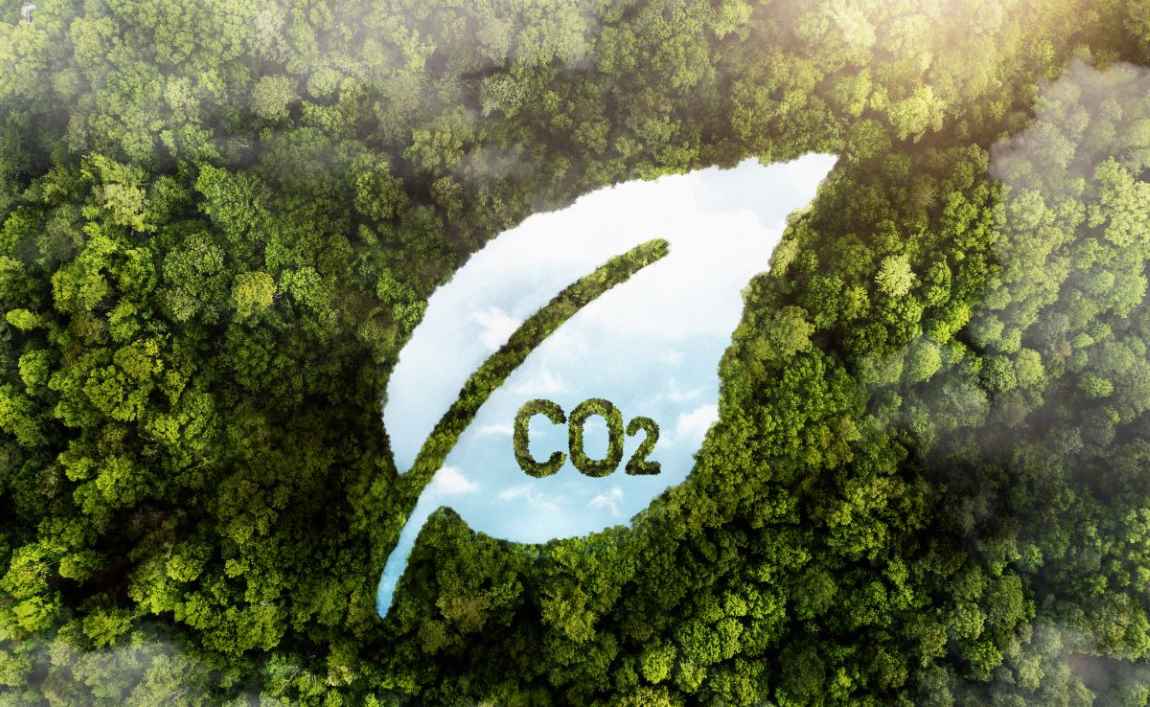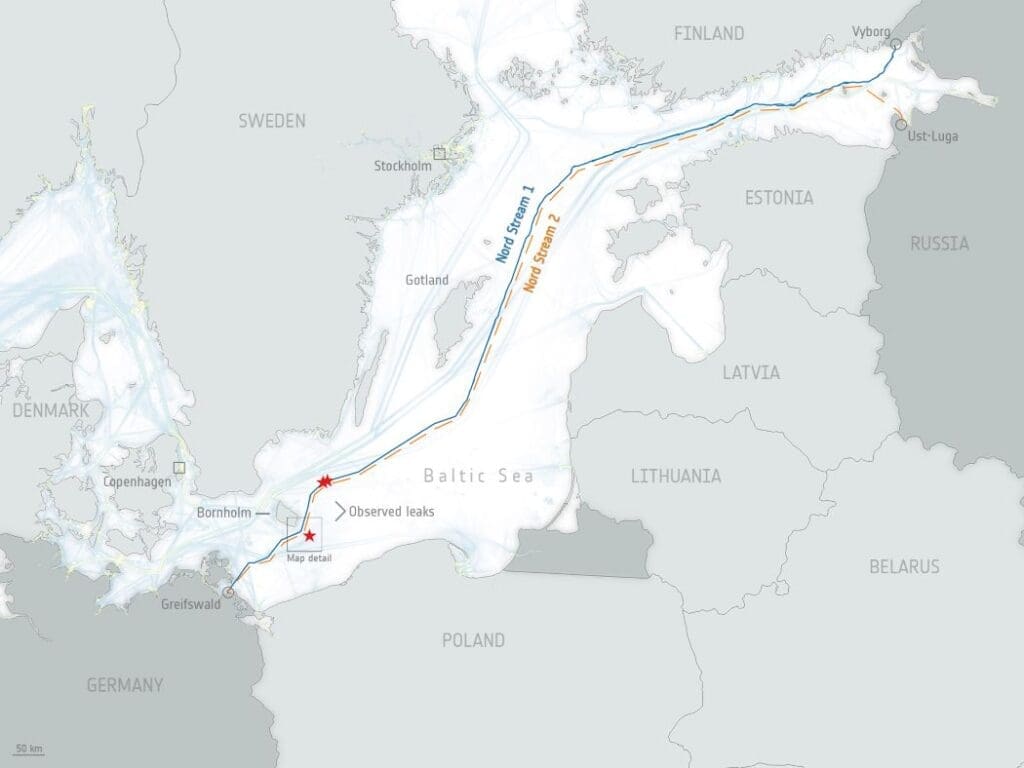Paris, France | AFP – The world’s current climate pledges would only cut planet-warming emissions by 2.6 percent by 2030, the UN said Monday, barely a fraction of what is needed to avert the worst impacts of global warming.
UN climate chief Simon Stiell said existing commitments will produce nowhere near the 43 percent reduction needed this decade to cap global warming to the safer agreed limit of 1.5 degrees Celsius.
“The report’s findings are stark but not surprising -– current national climate plans fall miles short of what’s needed to stop global heating from crippling every economy, and wrecking billions of lives and livelihoods across every country,” Stiell said.
The findings come just weeks before the start of the UN COP29 climate summit in Azerbaijan, and as nations prepare to submit their updated round of national climate plans in early 2025.
Those must present “bolder” plans to urgently slash emissions of greenhouse gases like carbon dioxide that drive warming, Stiell said.
Under the existing pledges, 51.5 billion tonnes of CO2 and its equivalent in other planet-warming gases would be released in 2030.
“Greenhouse gas pollution at these levels will guarantee a human and economic trainwreck for every country, without exception,” he said.
This report “must be a turning point, ending the era of inadequacy and sparking a new age of acceleration, with much bolder new national climate plans from every country due next year”, he added.
The UN Environment Programme (UNEP) on Thursday also warned of a chasm between what countries have promised and what they must achieve.
The 2015 Paris agreement, signed by nearly 200 nations, committed to keeping global warming “well below” 2C compared to pre-industrial levels and if possible, the safer limit of 1.5C.
To have a 50-percent chance of containing warming to 1.5C, global emissions must fall by 43 percent by 2030 compared to 2019 levels, according to the IPCC, the experts commissioned by the UN.
tsz-np/klm/rlp
© Agence France-Presse
Featured image credit: Freepik




